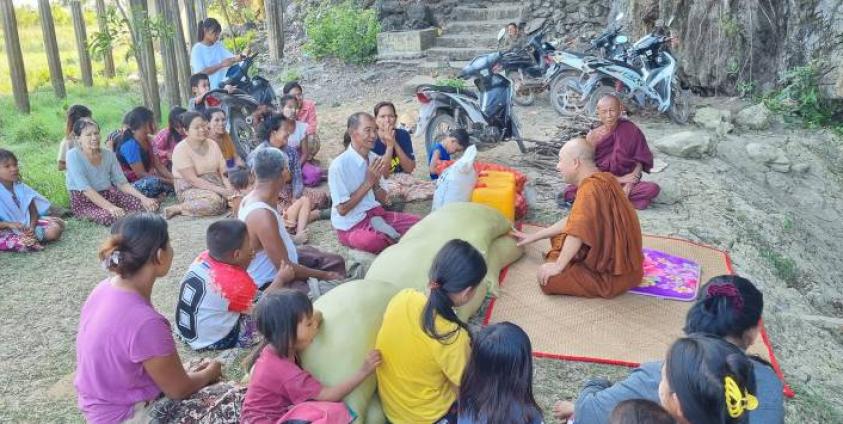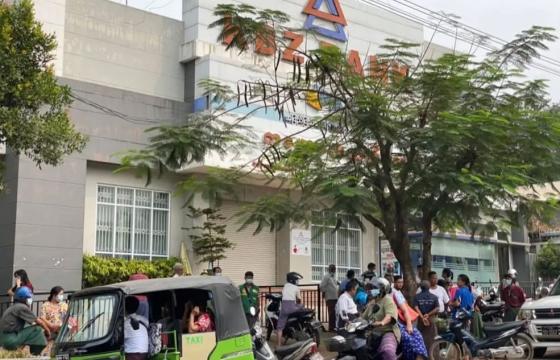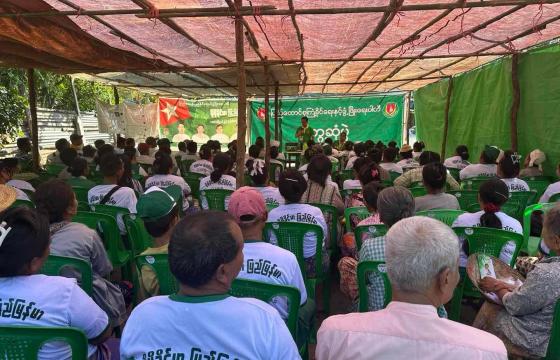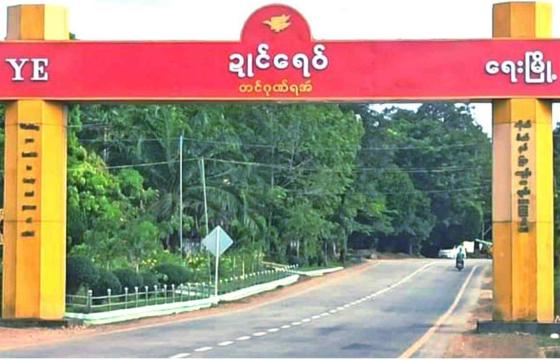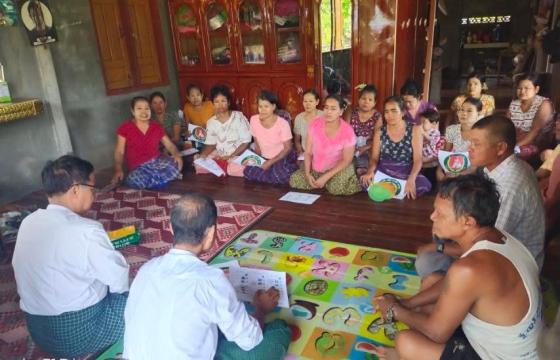Residents of Dhammasa and Kyunkonepaing villages in Kyaikmaraw Township, Mon State, remain unable to rebuild their homes and livelihoods despite receiving limited aid after their homes were destroyed in recent conflict-related fires, according to local sources.
Since late March, when clashes erupted along the Gyaing River, various organizations—including the military junta, the New Mon State Party (NMSP), and charitable groups such as the Ramanyanikaya Association—have provided some financial aid and construction materials to affected communities. ASEAN member nations also contributed assistance. However, the support has proven insufficient for comprehensive recovery.
“Even though aid has been given to some extent, it’s minimal compared to what has been lost. Many victims are rebuilding their homes through self-reliance, as government support remains unavailable. The need for assistance is still pressing, and the losses are significant,” said a representative from a local refugee assistance group.
Many displaced residents, facing severe economic hardships, refrain from speaking openly about their struggles. Instead, they rely on financial support from relatives abroad to survive. Among the 380 homes destroyed during the March conflicts, some families are still displaced, excluded from aid lists, and have received no support to date, according to refugee organizations.
Insecurity persists along the Gyaing River, where the military junta continues to station troops. Local residents fear further clashes between junta forces and resistance groups, forcing them to live in temporary shelters.
“People can’t rebuild securely because of the constant threat of renewed conflict. Most homes are makeshift, using thatch roofs or temporary structures,” a Kyaikmaraw resident said.
Particularly in Kyunkonepaing village, limited aid has led to delays in recovery efforts. Local charitable organizations have paused rebuilding projects, leaving residents to fend for themselves.


